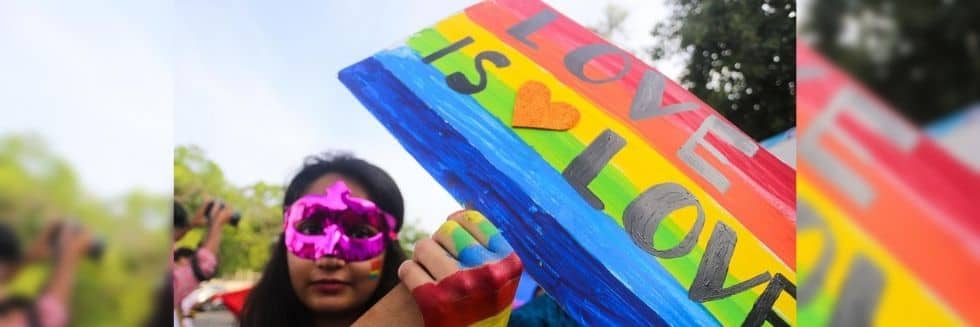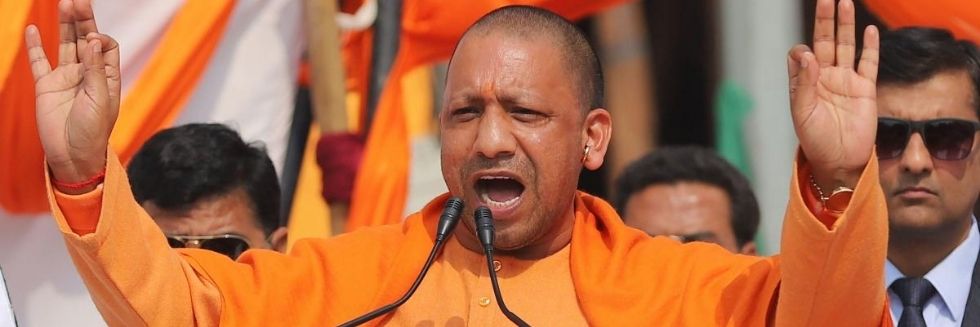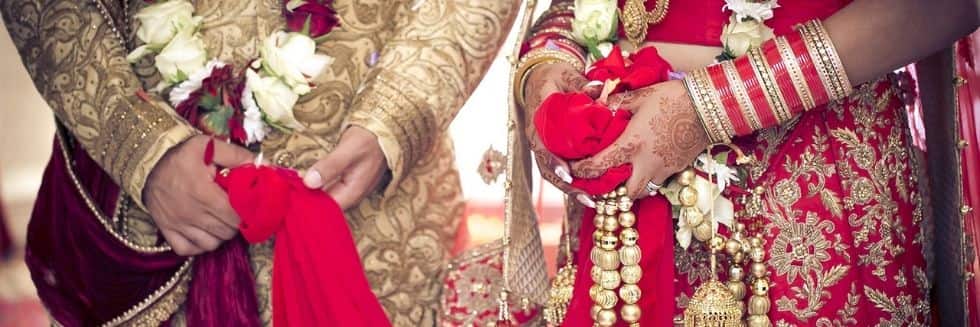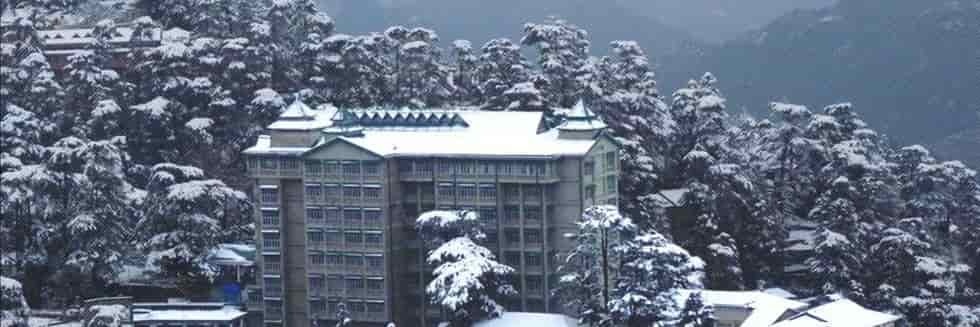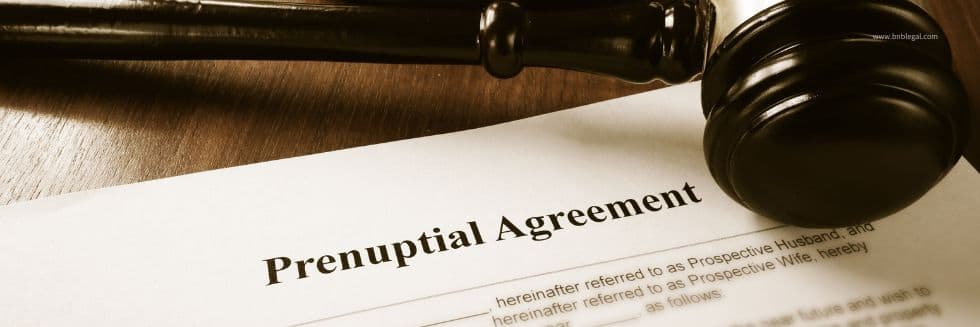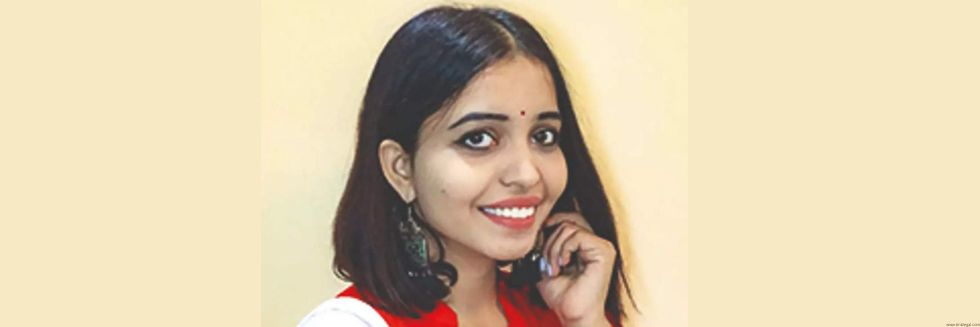While Delhi High Court was hearing the batch of petitions seeking recognition of same-sex marriage, the Centre government submitted that decriminalizing homosexuality has nothing to do with same-sex marriages and a valid marriage can take place only between a biological man and a biological woman.
The matter was being heard by Chief Justice DN Patel and Justice Jyoti Singh. The petitioners have been seeking recognition of same-sex marriage or queer marriages under various Indian laws including Hindu Marriage Act, the Special Marriages Act, and the Foreign Marriage Act.
“There is a misconception based on Navtej Singh Johar case. It merely decriminalizes (same-sex relations). It does not talk about marriage…the law is settled, personal laws are settled. Marriage which is contemplated is between a biological man and a biological woman,” submitted Solicitor General Tushar Mehta.
Advocate Karuna Nundy stated that all same-sex or queer marriages should be legally recognized in India under the applicable statutes, rules, and policies that are in force. She has been appearing for Joydeep Sengupta, an OCI (overseas citizen of India), Russell Blaine Stephens, a US citizen, and Mario D’Penha, an Indian citizen and queer rights academic and activist pursuing a PhD at Rutgers University.
The couple, Sengupta and Stephens, got married in New York on August 6, 2012. Nundy submitted that the laws applicable in their case are the Citizenship Act, 1955, Foreign Marriage Act, 1969, and the Special Marriage Act, 1954. They need permission to allow a foreign-origin spouse of an OCI cardholder to apply for registration regardless of gender or sexual orientation.
“Section 7 A (1) (d) of the Citizenship Act does not distinguish between heterosexual, same-sex or queer spouses, she said. It provides that a person married to an OCI, whose marriage is registered and subsisting for two years, should be declared eligible to apply as a spouse for an OCI card,” argued Nundy.
However, SG Tushar Mehta appearing for the Union government contended that “spouse” means husband and wife; “marriage” is a term associated with heterosexual couples, and thus there is no need to file a specific reply with respect to the Citizenship Act.
“Everything would turn whether your lordship recognizes the submission…on the question of marriage and registration of marriage. Whether it has to be between a biological man and a biological woman. Then the entire matter depends on that. There appears to be some miscommunication based on Navtej Johar, which merely decriminalizes 377….But it has nothing to do with marriage,” SG Mehta said.
All the parties submitted before the court that they are ready with their pleadings and the bench can fix the matter for final hearing. The matter has been posted for November 30.
“In the meantime, if anyone wants to file a reply or rejoinder they may do so,” CJ DN Patel said.
The parties in the first petition include Mitra, Shankar, Thadani, and Oorvasi. Counsel Raghav Awasthi has been appearing for them, contending that the Hindu Marriage Act does not distinguish between heterosexual and homosexual marriages if one were to go by how it is worded. The act clearly states marriage can be solemnized between any two Hindus.
The second petition is of two mental health professionals, Kavita Arora, 47, and Ankita Khanna, 36, who are seeking recognition of their same-sex marriage under the Special Marriage Act and the Foreign Marriage Act.
The third petition was filed by Vaibhav Jain, an Indian citizen, and Parag Vijay Mehta, an OCI. They were married in the United States in 2017 and seek the recognition of their marriage in India too.
Another one was of Joydeep Sengupta, Russell Blaine Stephens, and Mario D’Penha. In order to ascertain the legal position on Stephen’s eligibility and file RTI applications, the couple had approached D’Penha. After “the ministries kept transferring the RTIs back and forth and no effective response was received”, the trio moved Delhi High Court.
In the past also, such petitions have been opposed by the Centre, making submissions such as same-sex marriage was not part of “Indian culture or law”, “such relationships could not be compared to an “Indian family unit”, and “marriage certificates were not needed in hospitals and so nobody was dying for the lack of it”.
